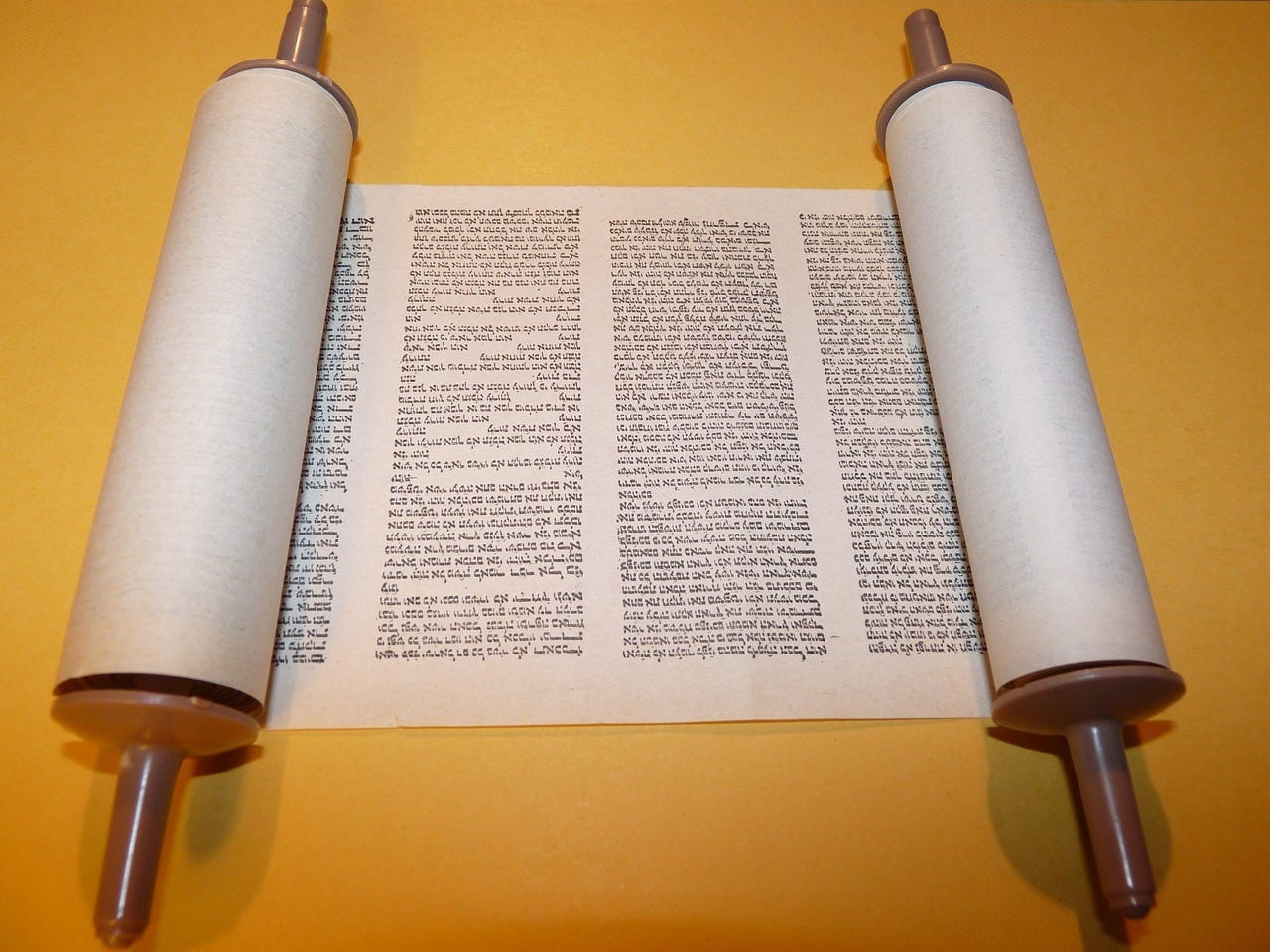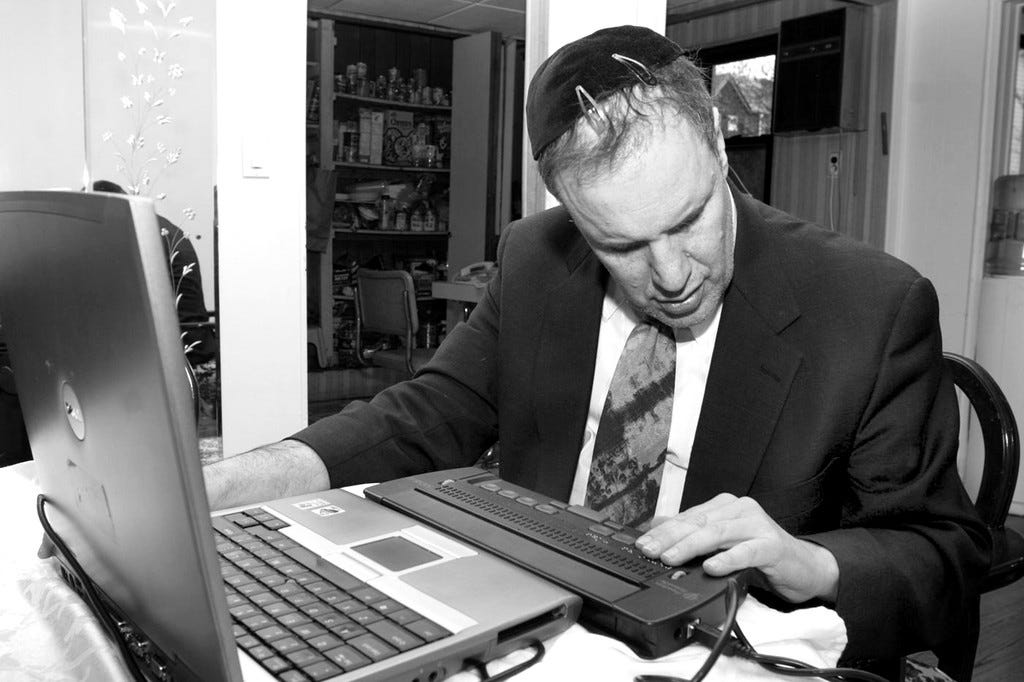Joseph, Jacob’s favorite son, was stripped of his coat of many colors by his jealous brothers. They threw him into a pit.
This led to his being sold into slavery.
Then, he was unjustly accused of consorting with his master’s wife.
He was thrown into a dark, cold dungeon.
Rushed from the dungeon, he interpreted Pharaoh’s dreams. The monarch, amazed at his wisdom, elevated him to the position of viceroy.
Joseph stored enough food in Egypt to feed the entire world during a famine.
Among those seeking food were Joseph’s brothers.
On Shabbat Vayigash, January 2-3 2025, the Torah reading focused on perhaps the most dramatic moment in the Bible, Genesis chapter 45:
1. Then Joseph could no longer control himself before all his attendants, and he cried out, “Have everyone leave my presence!”
So, there was no one with Joseph when he made himself known to his brothers.
2. He wept so loudly that the Egyptians heard him.
Pharaoh’s household heard about it.
3. Joseph said to his brothers,
“I am Joseph! Is my father still living?”
His brothers were not able to answer him, because they were terrified at his
presence.
4. Then Joseph said to his brothers, “Come close to me.”
When they had done so, he said, “I am your brother Joseph, the one you sold into Egypt!
5. So now, do not be distressed and do not be angry with yourselves for selling me here, because it was to save lives that God sent me ahead of you.”
6. "For two years now there has been famine in the land, and for the next five years there will be no plowing and reaping.
7. But God sent me ahead of you to preserve for you a remnant on earth and to save your lives by a great deliverance.
8. It was not you who sent me here, but God. He made me father to Pharaoh, lord of his entire household and ruler of all Egypt.
9. Now hurry back to my father and say to him, ‘This is what your son Joseph says: God has made me lord of all Egypt. Come down to me; don’t delay.’
10. You shall live in the region of Goshen and be near me—you, your children and grandchildren, your flocks and herds, and all you have.
11. I will provide for you there because Five years of famine are still to come. Otherwise, you and your household and all who belong to you will become destitute.
12. You can see for yourselves, and so can my brother Benjamin, that it is really I who am speaking to you.
13. Tell my father about all the honor accorded me in Egypt and about everything you have seen. bring my father down here quickly."
The Disability Takeaway
Until a few months ago, I fantasized about getting even with all the doctors, health professionals, educators and media personalities who (unintentionally for the most part) harmed people with disabilities.
Pity brings in lots of dollars. Some organizations splash over the media how they help the unhappy disabled. While they provide some help, they never give their service recipients a meaningful voice. A number of them have never responded to my request to dialogue with them.
I am not at Joseph’s level of spirituality.
However, I now realize that cooperation trumps revenge.
Even with people whose able-ist views and actions are hard to tolerate, I concentrate on common goals.
“Let’s increase the financial resources available to the disabled.”
“Let’s educate our communities about our strengths and capabilities, not just about our limitations.”
When my desire for vengeance seethes like the growing pressure of lava bubbling under the earth’s crust, I shall ask myself,
“What would Joseph do in my situation?”
A native of Bradley Beach, New Jersey, Rabbi Michael Levy attributes his achievements to G-d's beneficence and to his courageous parents. They supported him as he learned to travel independently, visited Israel, and became more Jewishly observant. For 65 years, JBI International supported him with braille and recorded Judaica material.
He received rabbinic ordination from the Jewish Theological Seminary in 1981 and an MSW from Columbia University in 1982.
As a board member and now President of Yad Hachazakah, Rabbi Levy strives to make the Jewish experience and Jewish texts accessible to Jews with disabilities. In lectures at synagogues, camps, and educational institutions, he cites Nachshon, who according to tradition boldly took the plunge into the Red Sea even before it miraculously parted. Rabbi Levy elaborates, "We who have disabilities should be Nachshons--boldly taking the plunge into the Jewish experience, supported by laws and lore that mandate our integration.”
He applauds Jewish Disability Inclusion News’s ambition to give voice not just to those who work with the disabled, but also to people with disabilities themselves. “About us? Not without us” he is fond of reminding those eager to listen, and the media to whom the maxim may be out of their comfort zone.
For over 20 years, Rabbi Levy served as director of Travel Training at MTA New York CityTransit. Now retired, he is an active participant in Congregations Aish Kodesh and Young Israel in Woodmere, New York. Most of all, he relishes the company of his children, grandchildren, and large extended family.




